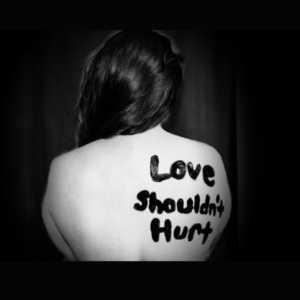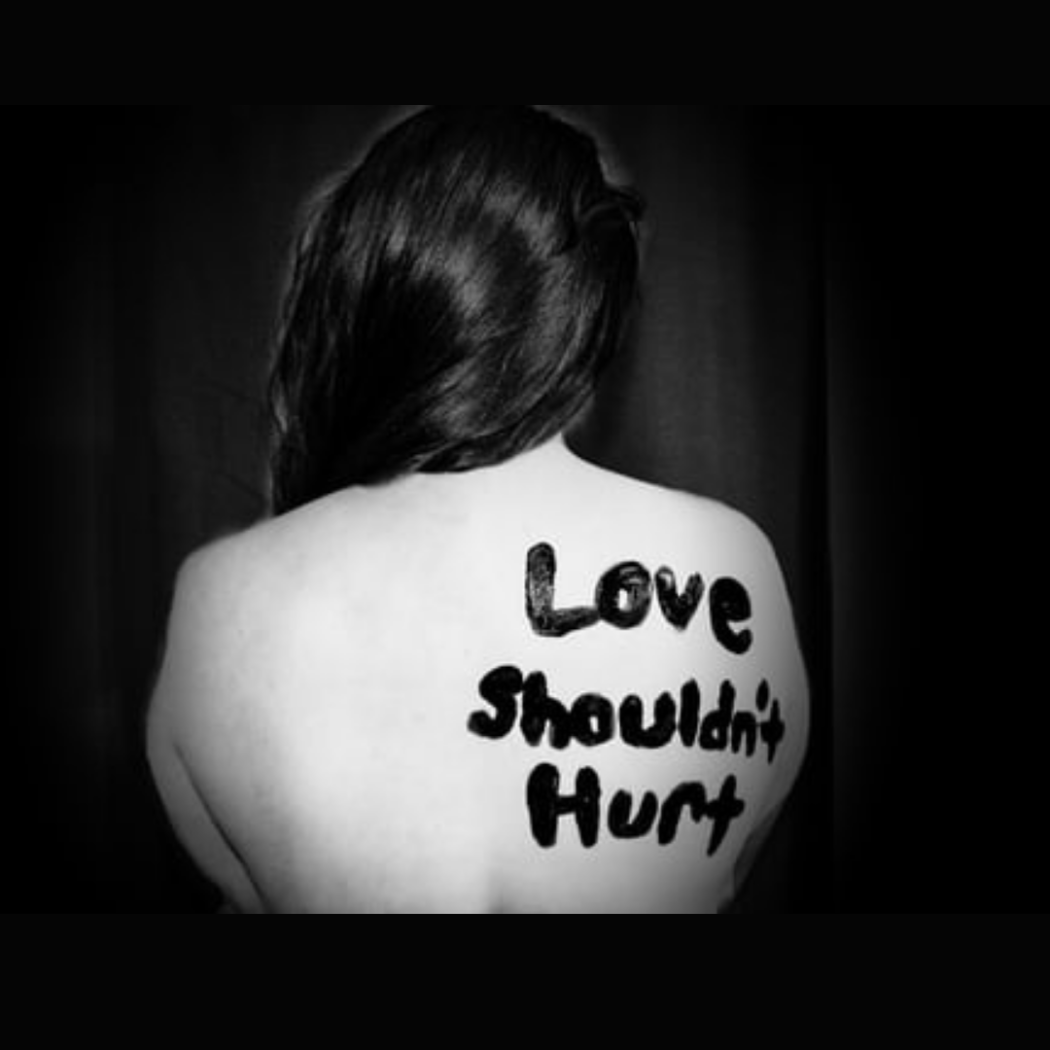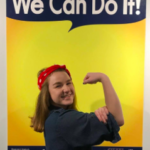 Back in October 2017, when I was a sophomore at UNC-Chapel Hill, I took a Women and Gender Studies class on leadership in violence prevention. It was a service-learning course, meaning instructors encouraged students to apply what they learned in class in their accompanying internships.
Back in October 2017, when I was a sophomore at UNC-Chapel Hill, I took a Women and Gender Studies class on leadership in violence prevention. It was a service-learning course, meaning instructors encouraged students to apply what they learned in class in their accompanying internships.
Our instructors gave us the chance to rank our top three internships from the list of choices, and I was excited to receive my first choice: a Relationship Violence Awareness Month Intern for the Carolina Women’s Center. Previously I had worked with the CWC before and loved the people, and I also loved planning events, which was the primary responsibility of the role.
My two co-interns and I carried out three events: “Bae Goals,” in which students could eat bagels and talk about their relationship goals; Arts Night, in which different groups performed to inspiring relationship-based or survivor-based songs; and a Coffee and Conversations, which entailed holiday snacks and discussions about problematic media pertaining to relationship violence.
Advocacy, especially through event planning, was one of my primary passions in college. Even now that I’ve graduated, it’s something I carry with me. As a freelance writer, I aim to write articles during the different awareness months that mean something to me.
As I sat down to compose an article for Relationship Violence Awareness Month, though, I wasn’t totally sure what I wanted to cover; I didn’t want to submit anything overdone or irrelevant. I searched Twitter for recent news pertaining to relationship violence, and saw that on Oct. 8, “Glee” actor Blake Jenner posted an Instagram post in response to “Supergirl” actress Melissa Benoist’s 2019 Instagram video about their experiences with domestic violence.
I didn’t read or watch either in their entirety — both stories are emotional and long, and Jenner’s especially left me unsure how to feel, let alone what to write. I thought about the abuse between Perry and Celeste in “Big Little Lies,” which felt similar, but still so complicated. Upon looking at a feminist publication’s articles on domestic violence, trying to figure out what their contributors are saying about all this, I saw more of the same, including Colton Underwood’s stalking of Cassie Randolph after their season of “The Bachelor” ended.
After seeing all of that media, especially as I already felt abnormally tired, I realized: What we all need right now is simply to take care of ourselves. We need to take a step back, creating boundaries between the world, ourselves, our work.
We don’t always realize all the many stressors we’re under or give ourselves credit for the strength we have. Or, we do realize how much is going on and how much courage we must have, and we feel the weight of it.
A popular article on Medium right now explains our predicament in a scientific, validating way. Author Tara Haelle writes about our surge capacity — that is, our bodies’ adaptive systems that we draw on for short-term survival in highly stressful situations — and how it’s depleted at this point because it’s not meant for month- (year-) long pandemics.
She and experts continue to explain that many of our lives look different and contain incredible amounts of uncertainty. We feel hopeless and are experiencing an ambiguous loss. We couldn’t have prepared our brains for all of this, and figuring out how to cope is more difficult than we might think or expect. Further, the pandemic and quarantine have exacerbated many domestic violence situations, making life even harder for survivors, if that’s even possible.
During these times especially, we must learn how to be patient with ourselves. We won’t be able to perform at the same levels, and we may struggle more with anxiety or depression. We may not be able to handle the same amount of news-watching or give as much of ourselves to others as we usually do.
Accepting this is hard, I know — I’m a freelancer in a pandemic, and as an Enneagram type three, I thrive off of success and productivity — but research shows we’ll feel much better when we give ourselves that compassion and validation we need.
I encourage allies and survivors of domestic violence alike to take care of themselves all year, but especially during these months that can be particularly challenging and upsetting. Do what you can and know that’s enough. Reach out for support if you need it and when you can do so safely. Your worth doesn’t come from how others treat you or what you do — your worth is inherent.
Ashley Broadwater is a recent graduate of UNC-Chapel Hill, where she studied Public Relations in the Hussman School of Journalism and Media. She’s passionate about mental health, body positivity, relationships, Halloween and Dad jokes.


There are no comments
Add yours